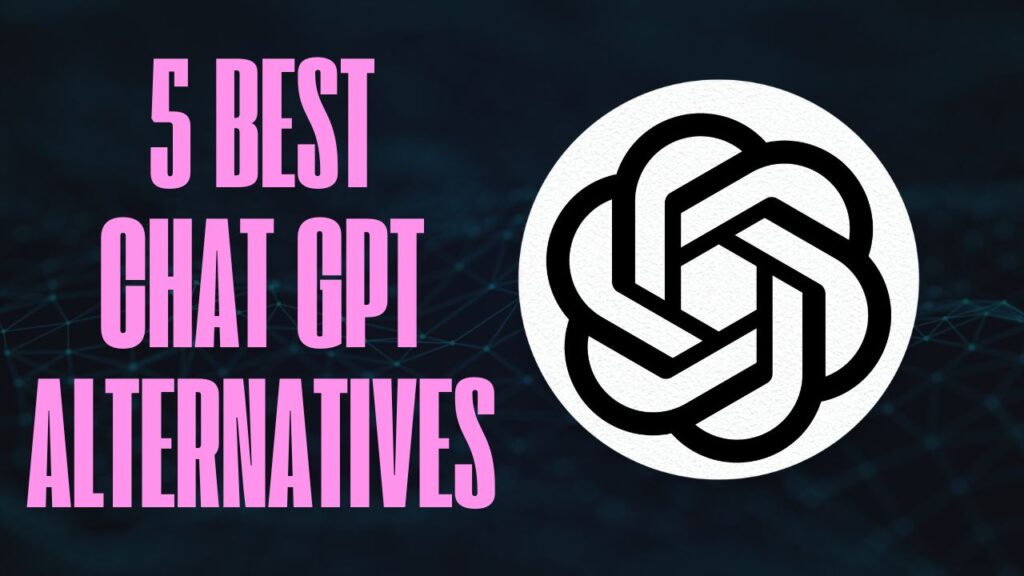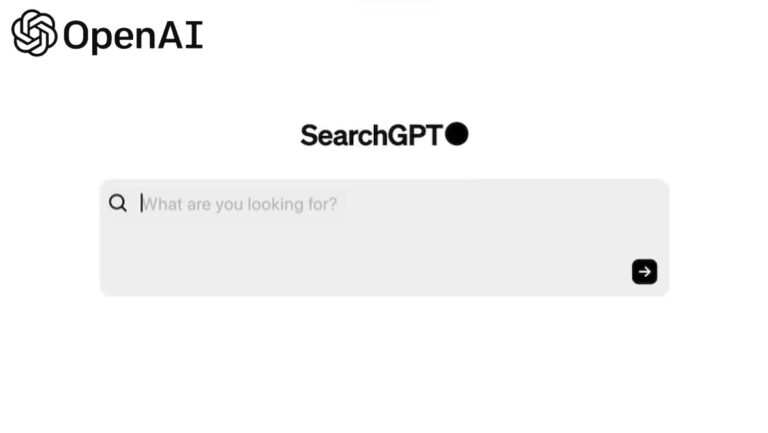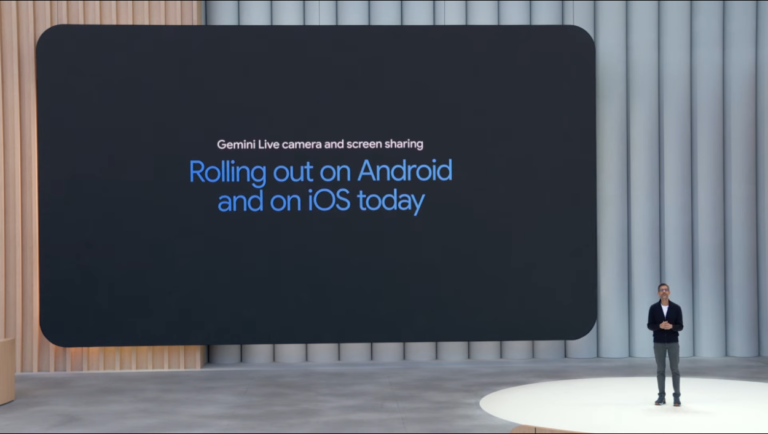5 best ChatGPT alternatives in 2025
Unquestionably, OpenAI has a monopoly on public opinion. Perhaps this is a side effect of ChatGPT making AI a mass phenomenon for the very first time. However, it would be decidedly wrong to conclude that it is the only AI program at the cutting edge of the technology. There are many more, and that’s what we will explore today.

Over the years, OpenAI has upgraded ChatGPT profusely. Including custom GPTs, image generation and editing with DALL-E, the new GPT-4o model, and the desktop app in addition to the Android and iPhone versions – to name a few examples.
However, AI is a cutthroat business, and OpenAI’s competition has left no stone unturned to upend ChatGPT’s hold in the industry. Claude, Google Gemini, Microsoft Copilot, and Perplexity are some of those names.
5 best ChatGPT alternatives
Anthropic Claude
To use an oxymoron, Claude is the most human artificial intelligence program available. In many respects, it’s better than ChatGPT. Its context window has a default of 200,000 use cases, increasing to 1 million in no time.
Claude 3.5 Sonnet is the default version, and Claude 3 Opus is the paid one. The free model has low rate limits, which reset in 3-5 hours. However, its capabilities are amazing. With a single prompt, a code for an app can be generated, an entire story could be written, or you could whip up a love song for a beloved.
Claude Sonnet 3.5 uses artifacts. This tool allows code to run in the browser or even save stuff generated by Claude for personal use. Additionally, Claude has a project library to share work and ideas.
Claude 3 costs $20 a month for the Plus version with Opus.
Also read: OpenAI’s ChatGPT Search Engine Released
Google Gemini
Google Gemini is the most politically correct large language model out there. Give it a shifty prompt, and it will simply refuse to interact, generate images, and even stop responding if the question doesn’t seem right.
With the recent slew of updates coming to Gemini, however, it has improved tremendously. Gemini can create images with the Imagen 2 model, soon to be updated to Imagen 3, but without any editing capabilities and only in a square format.
Gemini started life out as Bard but received a change of name and brain with the release of the Gemini LLM family. Given Gemini is Google’s product, integration with services like Maps, Gmail, Docs, etc is possible. The LLM can also access live Google Search results.
Gemini Advanced is the paid version at $19.99 per month bundled with the Gemini One subscription. The free version uses the Flash 1.5 model, while the paid one uses the Ultra 1.0 model.
Microsoft Copilot
Most people don’t know it, but Microsoft is the biggest investor in OpenAI, the latter using the Azure cloud service to train its models and run its AI applications. It’s not surprising, then, that Microsoft Copilot runs on GPT-4o, the current most powerful natively multimodal model of OpenAI.
Copilot has changed names more than a spy on the run. Microsoft Edge AI chat, Bing with ChapGPT, Bing Chat, and so on, before finally settling on Copilot. After its introduction, Microsoft united all stray AI programs under the name Copilot.
Copilot is intertwined with all Microsoft products, from Windows 11 and Microsoft 365 to Bing and Edge. It is also present in enterprise tools. No doubt the AI runs on the GPT-4o, but it is still a Microsoft product.
Copilot has lots of additional features, like custom chatbot creation, generation, editing, and customization of images with DALL-E, and access to Microsoft 365 apps.
Microsoft Copilot is priced at $20 a month, including access to Copilot for 365. A free version is also available.
Perplexity
Perplexity is what happens when you take ChatGPT’s conversational capacity and mix it with Gemini’s access to live search results. Now, this AI program is claimed to be more of a competitor to Google and less of an AI chatbot. But given the way users converse with it, ask questions, and follow up, it’s not much different from a chatbot.
Perplexity’s selling point is its ability to integrate with a variety of AI models and provide input from a range of different sources. And with every response, Perplexity provides the source. This unique combination is what makes this AI service so invaluable for research or just an in-depth analysis on a topic. The free version can be used without signing in.
There is also a feature to limit or focus on a single search portion like academic papers, computational knowledge, and even Reddit and YouTube. A new feature called Pages can squeeze all the information into a single, shareable webpage.
Perplexity Pro is available at $20 per month, including access to models like GPT-4 and Claude 3 inside the Perplexity interface.
Also read: Ray-Ban Meta Glasses: Zuckerberg’s Smartglasses
Inflection Pi
Inflection AI’s Pi is not the most powerful LLM on this list. However, it is arguably the most fun and engaging. The very first message it shows says it’s supposed to be “useful, friendly and fun.”
On the side, you’ll find prompts to start a conversation, ranging from providing the perfect sleep environment to getting dire relationship advice. Just like Perplexity, it can provide you with links to stuff like the recent news or the weather.
Inflection Pi is entirely free to use without even needing to sign in. There is also a voice feature for reading the messages out loud.
That was the list of the five best ChatGPT alternatives in 2025. OpenAI may have led the first wave of the AI revolution but soon, it won’t be the only one at the helm.






